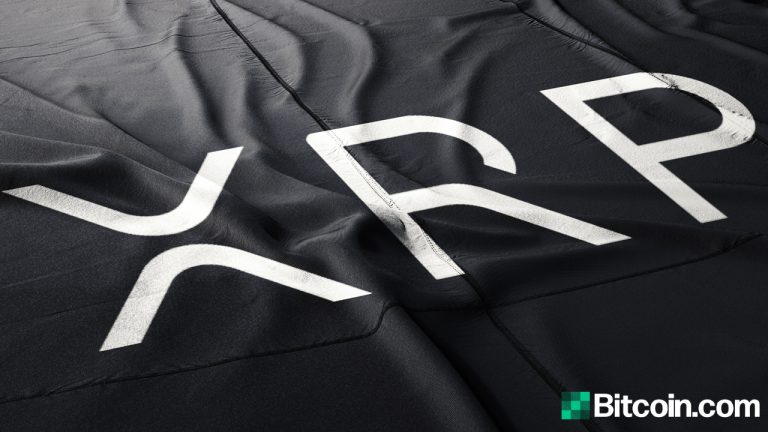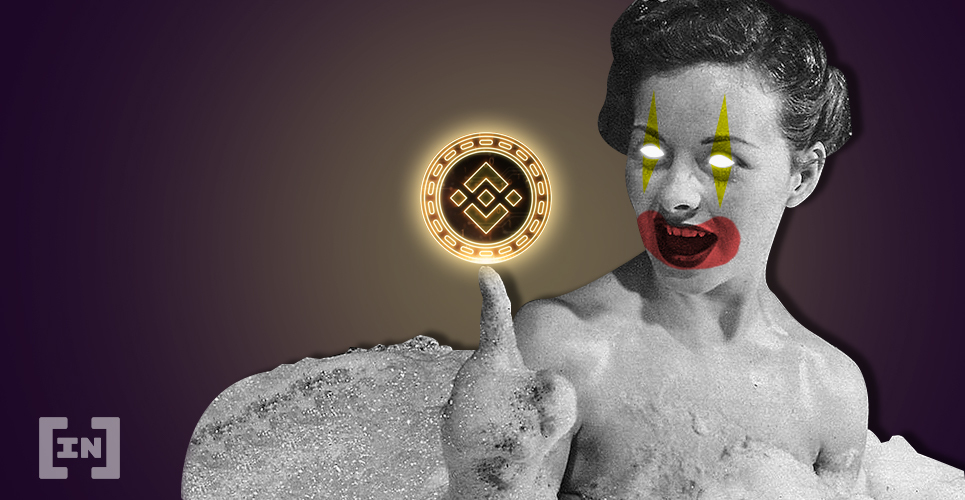
2021-9-11 19:01 |
The US Securities and Exchange Commission (SEC) has charged Rivetz Corp, its president Steven K. Sprague and a subsidiary for obtaining $18 million from 7,200 investors via an unregistered securities offering.
Sprague and his company are accused of devising a plan in 2017 to sell unregistered tokens worth $18 million. The US capital markets watchdog further alleges the president received a bonus of $1 million in addition to a $2.5 million loan, used to buy a house in the Cayman Islands.
The RvT token’s unfulfilled promisesThe SEC also points to claims made in the RvT token whitepaper that it would revamp device cybersecurity controls by combining hardware-based identity provided by Trusted Execution Environment (TEE) with the immutable attestation offered by the blockchain.
The filing also highlights Rivetz’s claim that investors would be able to buy and sell the RvT token in the secondary market as false since the product was inoperational and unregistered at the time of the offering.
The SEC asserts:
Token buyers could not purchase any goods and services using RvT tokens, and the tokens had no other use in any Rivetz product or service. In fact, several months after the tokens were distributed […] Sprague stated on social media that Rivetz did not have a specific release date’ for the Rivetz app through which consumers could use the RvT token.
Investors purchased RvT tokens using ether between July and September 2017, which Sprague and his firm later liquidated through the subsidiary Rivetz International.
The promotional campaign was driven by the promise that Sprague and Rivetz would use the investments to build a new business, thereby boosting the token price. However, this never materialized.
They had also promised that RvT tokens would be listed on digital platforms before revealing where they could be resold, but the defendants never registered any of the offers or sales with the SEC as required, even though they were not exempt from the requirements.
If found guilty, the SEC wants the defendants to return what it terms as “ill-gotten gains” including a pre-judgment interest and a civil penalty.
How valid is the SEC’s crackdown on blockchain firms?The SEC has intensified its pursuit of unregistered blockchain projects amid rising cases of cryptocurrency fraud.
Earlier this month, it charged BitConnect accusing it of running an unregistered security offering that fetched about $2 billion. Other reports also suggest that decentralized exchange platform (DEX), Uniswap is under investigation over its marketing and investors services.
The question shouldn't be, "is the yield product a security?"
The question is, "Why can't a reputable company offer a useful service to customers that want it, without getting sued by regulators in the god damned United States of America?"
Coinbase CEO Brian Armstrong also claims that the SEC has threatened to sue the firm if it proceeds with plans to launch a stablecoin yield product as an asset.
The post The SEC charges RvT token issuer for soliciting $18 million in unregistered offerings appeared first on Invezz.
origin »Bitcoin price in Telegram @btc_price_every_hour
Block 18 (18C) на Currencies.ru
|
|












